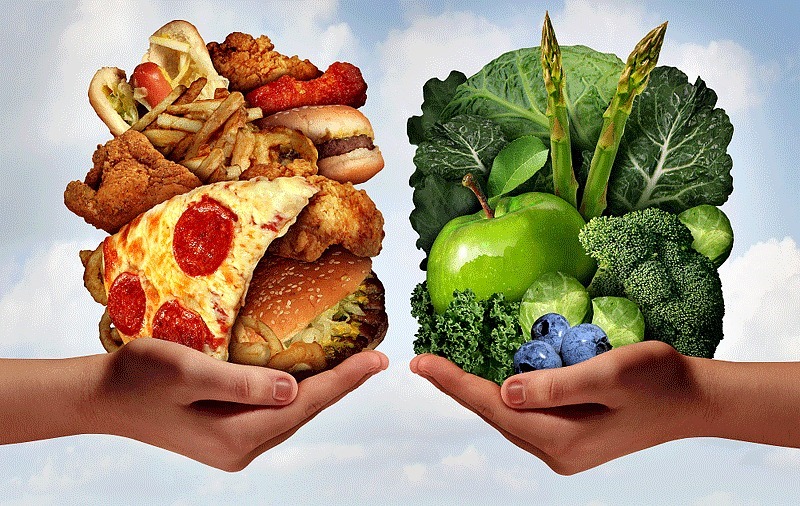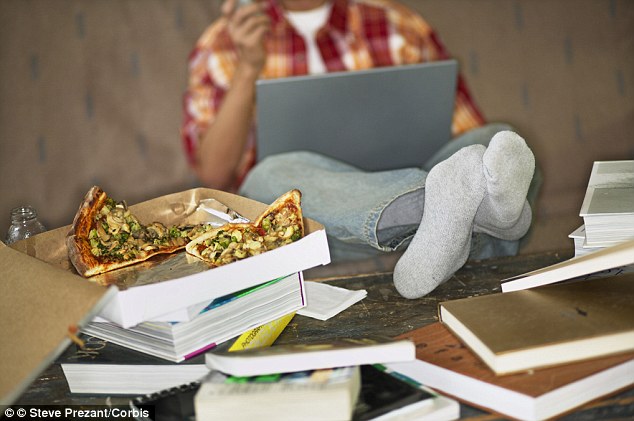Category: Nutrition
TAKING IT TO THE EXTREME (PT. 1)
PRE-MATCH NUTRITION. WHAT SHOULD I EAT?
From an outsider looking in, it seems for many sports clubs and teams around the country coaching sessions nowadays are more effectively and efficiently structured, planned and carried out. With much more emphasis on set play rehearsals, real game scenarios and well thought out drills, cardio vascular training, conditioning and flexibility. Appropriate match day nutrition and hydration, however, for many, still seems to be a little behind the times. How many of you are still “re-fuelling” solely on a very heavily endorsed and incredibly well marketed (at the time) isotonic drink that “keeps you going 33% longer?” (I lived on the stuff through college – it is Very tasty!)
Getting your nutrition right on match day alone will not make up for poor nutrition in the lead up to the match. Pre-match day (days leading up to a match) eating habits along with adequate hydration are key. Here’s what you should consider around match day and (pre-match) nutrition and hydration:
- Water intake. Don’t over-do it. Drinking too much water is a genuine concern. Over-consumption can cause the dilution of salt in your blood. Approx. 50-60mls per Kg of body-weight is an accurate guideline.
- With match day nutrition in mind, your nutrition focus needs to begin in the days leading up to the day of the event. Low GI carbohydrates are a good start. The usual go-to’s won’t see you wrong here – oats, whole grains, rice, pastas etc. Their role is to ensure adequate levels of muscle glycogen are achieved. The idea being that while training is tapered down the closer you get to match day, the muscle and liver glycogen is saturated. In turn, ensuring above adequate “fuel”/ energy levels on match day.
- Nutrition for recovery after a match or an event is equally as important. Never skip eating post-match to go analyse your performance or meet the team for a drink. By all means do them, but eat first!! Always, eat first! Think easily digestible and foods the body can quickly absorb. Fruit – Cereals – Flavoured milk/juice.
- The morning of the game. Anticipation is in full swing. Nerves are present. Regardless, you MUST eat. Easily digestible foods. Work back from the start of the game to plan when you will eat. Give Plenty time for digestion. Oats – Muesli – Fruit work well.
- For a late throw-in/kick off. Take a similar approach, working back from the start of the match to plan what and when you’ll eat. Don’t leave it to chance. Preparation is key. Earlier meals can be high carb, medium-low fat, medium protein. As you get closer to match time, final meal pre-match, introduce easily digestible foods again. Fruit – Rice cakes
Like anything diet/nutrition related, individual preference and taste accounts for 100% of your food choices. The above is set out just as a guide to follow or to adapt incorporating your own food choices and preferences, likes and dislikes.
#jlynchptcentre
3 REASONS YOUR DIET ADHERENCE IS POOR & HOW TO IMPROVE
From my experience here are 3 major reasons people’s diet adherence is poor and how to improve it:
1. The plan is too complicated. Macro-nutrient breakdown, supplementation, nutrient timing. All fantastic data to understand and have at your disposal. But are they really necessary for all clients? Here are two very likely assumptions about Mary and John: 1. They have no interest and don’t give a sh!t about macro-nutrient breakdown. 2. They are set in their ways and mostly need assistance with the structure of their eating habits and food choices. 3. They just want to lose a few pounds for the big wedding coming up, they don’t want to be magazine cover models! Coaches, act accordingly.
2. The plan has too many drastic changes. Peak week of contest/photo shoot prep – fair enough. The days in the lead up to the cup final – again, worth including appropriately if necessary. John & Mary though?… As little change from the ordinary as possible!! No John or no Mary of any respectable age will completely change their diet & eating habits, not when it’s “served them so well” for the last 25/30/40+ years. Request a detailed food diary from your clients. Aim to tackle 1-2 diet improvements per week, allow longer time periods if necessary. Call them “improvements” rather than “changes”. John & Mary don’t like change, & I don’t blame them, most people don’t.
3. The end goal is unrealistic & way out of reach. In paying you for your coaching, your clients are paying for, and expect, your honestly. Always. With most cases of John & Mary, either the goal needs adapting, or the the suggested time frame needs adapting, or both. Education and the coaches experience here are key. Mary & John often don’t have the know-how or the experience to appropriately design a realistic goal & accompanying timeline. Step up & lead them appropriately. Nothing is impossible but some targets will take far, far longer than people think they will initially.
Nutrition plans that require drastic lifestyle changes are less effective than those that require small, more sustainable, manageable changes. 💯
Thanks to John and Mary, who unknowns to the themselves, played a vital part in this article!
TOP 5 LIFESTYLE TIPS FOR STUDENTS TO AVOID WEIGHT GAIN
College life is a stressful and demanding time for students. For many, monitoring calorie intake and ensuring you get to the gym regularly, naturally drops lower down on a student’s priority list. Below are our Top 5 Lifestyle Tips to avoid Weight Gain while studying.
1. PLAN AHEAD
When you plan ahead in advance you’re much more likely to stick to those plans. Planning and prioritising your nights out will best prepare you to eat and exercise accordingly and appropriately before and following a night out.
As any student will vouch for, unplanned sessions are usually the best and great craic but usually also account for the most “damage” 🥴
2. PUNCH CLEVER WITH YOUR FOOD-SHOP
If it’s not in the cupboard or the biscuit bin – well you can’t eat it – simple as. Not to mention the financial benefit if you can avoid filling your baskets with unnecessary high-calorie, processed and savoury foods.
3. CHOOSE LOWER CALORIE OPTIONS AT THE BAR
A pint of cider or a vodka with a low/calorie free mixer can carry as much as 180 calories in difference. For arguments sake, you have 6 drinks of an evening out with friends (I appreciate there is at least one Shane McGowan enthusiast in every group who easily has 6 vodkas with dinner while still actually contemplating whether to go out or not!) but back to my point, 180kcals x 6 = 1080 calories!! Do your homework ahead of time and choose wisely at the bar. Be calorie conscious.
4. STAY MOVING
Early mornings + late nights = plenty time laid out on the couch and afternoon naps. This means less activity and less calories burned. Run, walk or jog… Jump, swim or skip. Just move, and move often.
5. MAKE A CONSCIOUS AND MATURE CHOICE – AVOID SETTING YOURSELF UP FOR REGRET.
Enjoy your time I’m college. It’s an exciting chapter of your life and an opportunity so many people don’t get to experience. Learn. Experiment. Socialise. Have fun. But don’t find every excuse to ignore and abandon your health and fitness. Whether you’re aware of it and consciously do it or not, you’ll successfully allocate time for lecturers, study, projects, socialising and down time. You’re good at assigning time for different demands so adapt the same approach to physical activity and ensure it gets done.
Tag a student who could benefit from this little check list!





